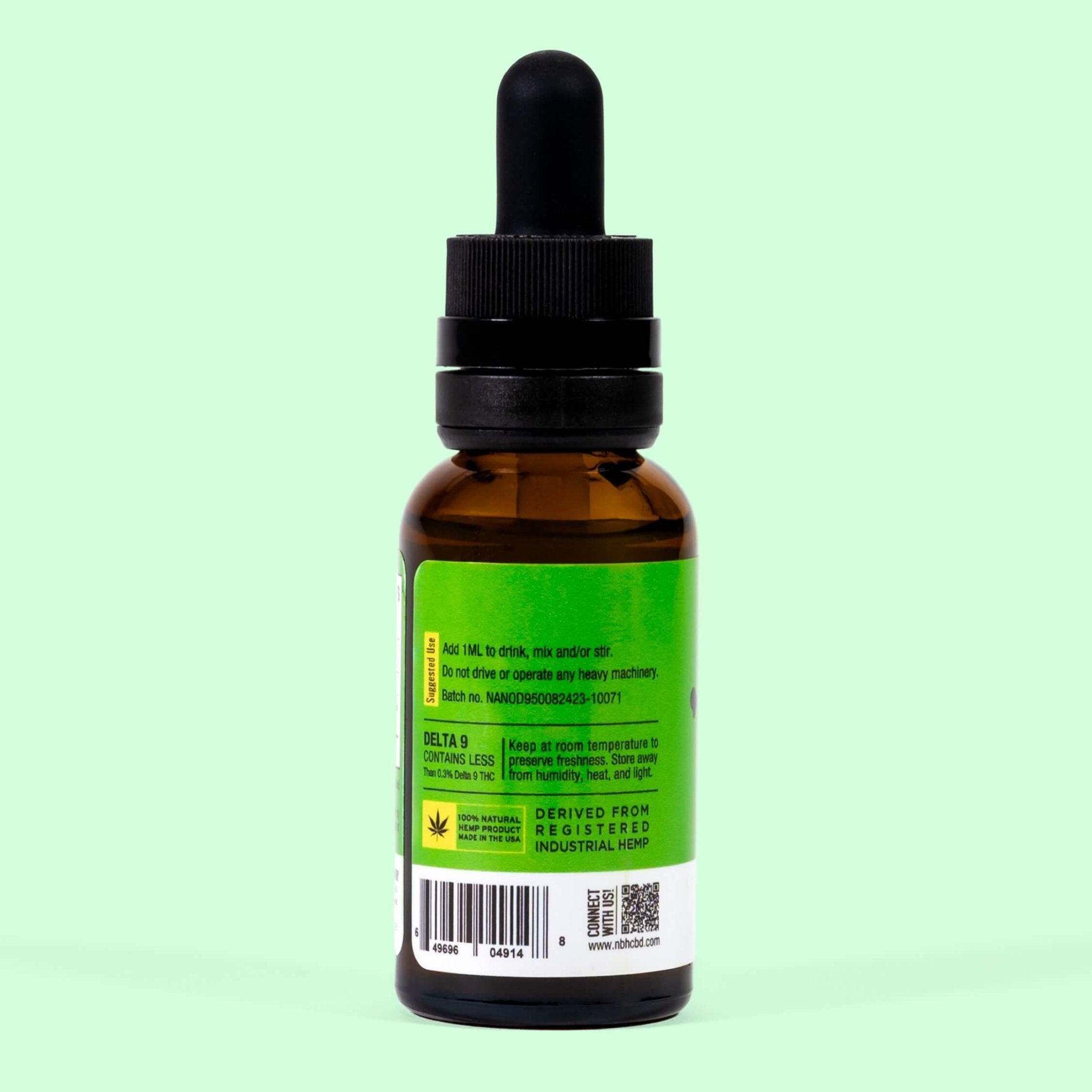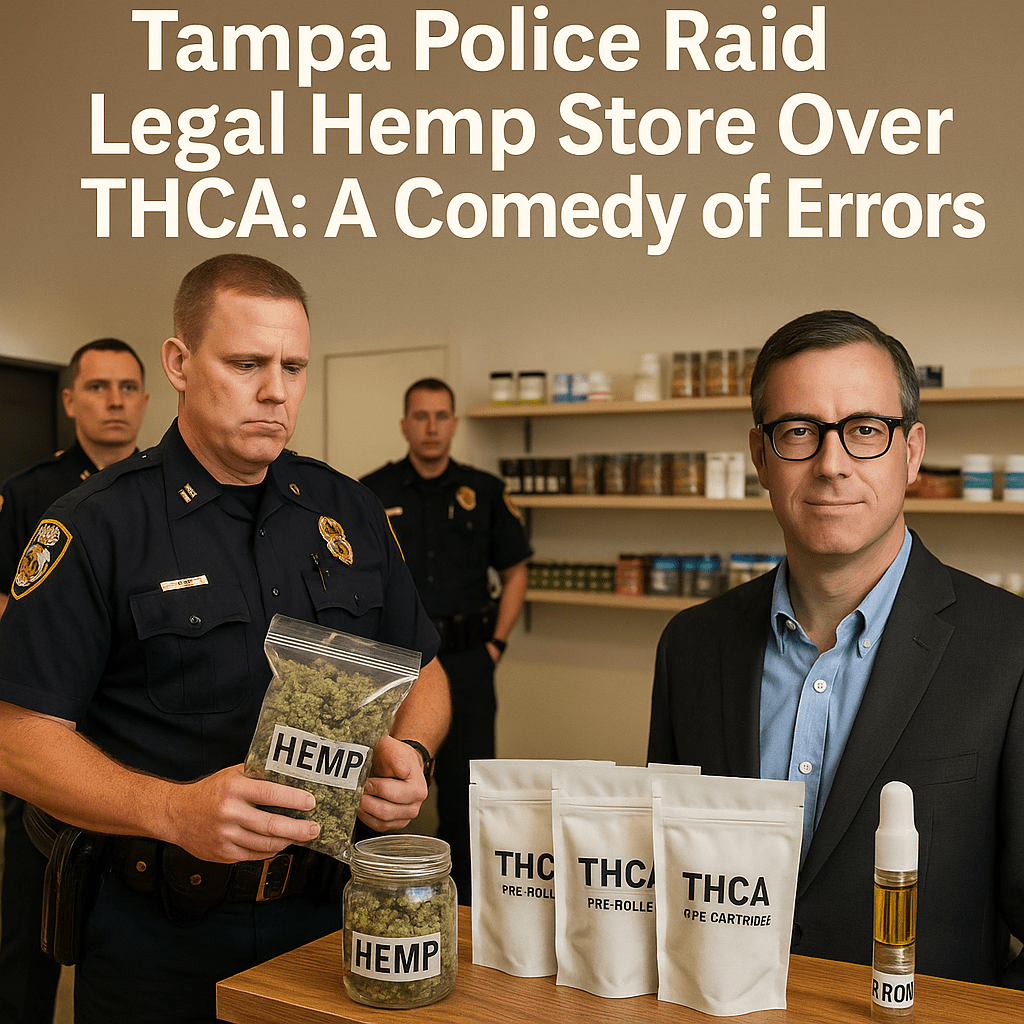Introduction: When Giants Enter the Hemp Chat
Curaleaf, one of the most dominant multi-state cannabis operators (MSOs) in the U.S., has officially set its sights on the hemp sector. The company recently announced its intention to expand its hemp retail store concept far and wide—a strategic maneuver that could shift the competitive landscape and redefine the way consumers experience low-dose and non-psychoactive cannabinoids.
This move isn't about riding the coattails of a fleeting wellness trend. It's a calculated leap into a booming market that exists outside the traditional cannabis licensing framework. With hemp federally legal and retail-ready in nearly every state, Curaleaf is entering the hemp space with speed, resources, and national ambition.
So, what does this mean for the industry? Is this the beginning of Big Cannabis colonizing hemp, or is it the validation the sector has been waiting for? Let's dive into the motivations behind the move, the strategic implications, and what it means for small businesses, regulators, and consumers alike.
What Is Curaleaf’s Hemp Store Concept?
Curaleaf's hemp store initiative is designed to sell hemp-derived cannabinoids that are federally legal under the 2018 Farm Bill. This includes products like:
-
CBD tinctures and topicals
-
Federally compliant Delta-9 THC edibles and beverages
-
CBG, CBN, and other emerging minor cannabinoids
These stores are completely separate from their licensed cannabis dispensaries. The goal? Reach consumers in states where THC-rich cannabis is still illegal or restricted and tap into the already-thriving hemp retail market without waiting for state-by-state legalization.
Curaleaf is using these stores as an avenue to build brand presence, customer loyalty, and national reach. It's cannabis-light retail: highly functional, low barrier, and totally legal.
Why Is Curaleaf Moving Into Hemp?
The answer is simple: access, speed, and scalability.
1. Hemp Is Federally Legal
The 2018 Farm Bill removed hemp from the Controlled Substances Act, making it legal to sell across state lines as long as the product contains less than 0.3% Delta-9 THC by dry weight. That opens the door to nationwide retail — something traditional cannabis operators can only dream of.
2. State Legalization Is Slow
Many U.S. states still don’t allow recreational cannabis. Even in legal states, licenses are limited, taxes are high, and regulatory red tape is exhausting. Hemp is a legal shortcut to a huge audience.
3. There’s Massive Market Demand
Consumers are already using cannabinoids like CBD, Delta-8, and hemp-derived Delta-9. The demand exists, and Curaleaf wants to be the national brand that fills it.
4. Fewer Regulations = Higher Margins
Cannabis dispensaries face strict rules, taxes, and compliance standards. Hemp retailers? Not so much. That means faster time-to-market and better margins.
What’s in It for Curaleaf?
💰 Revenue Diversification
This gives Curaleaf a revenue stream that's independent of state-level cannabis licenses. It spreads risk and opens the door to thousands of retail locations across the country.
🌎 First-Mover Advantage
Curaleaf is laying groundwork in states where cannabis isn't yet legal. When legalization eventually happens, they'll already have a loyal customer base and retail infrastructure in place.
📦 Vertical Integration
Curaleaf already produces many of these hemp-derived products. Selling them through its own stores enhances profitability.
🧠 Consumer Data + Brand Reach
More stores = more data. More data = better products, smarter marketing, and stronger customer retention.
What This Means for the Industry
1. Increased Competition for Small Hemp Retailers
Local hemp shops will now be competing with a national powerhouse. That means:
-
More polished branding
-
Lower prices due to scale
-
Faster product launches
Small shops that can't differentiate on experience or quality may find themselves squeezed.
2. Rising Consumer Expectations
Curaleaf’s stores will likely resemble high-end wellness boutiques—not head shops. This raises the bar for every hemp retailer in terms of aesthetics, professionalism, and customer service.
3. Acceleration of Hemp Innovation
With more capital entering the space, expect faster product development, better formulations, and more advanced delivery systems (e.g., nanoemulsified beverages, stackable cannabinoids).
4. Regulatory Shake-Ups Ahead
Curaleaf’s presence could prompt federal or state lawmakers to pay closer attention to the hemp-derived cannabinoid market. Depending on the tone they take, that could lead to clearer guardrails or tighter restrictions.
Nothing But Hemp’s Take: Welcoming MSOs to the Hemp Table
Not everyone sees Curaleaf’s move as a threat. In fact, Nothing But Hemp, a pioneer in hemp retail innovation, welcomes the arrival of MSOs into the space.
“We welcome Curaleaf and other MSOs entering the hemp space,” said a representative from Nothing But Hemp. “The more big players that enter, the harder it becomes for lawmakers to ignore our legitimacy. It raises the stakes—and that can help all of us.”
Why This Is a Good Thing:
✅ Greater Legal Recognition
With Curaleaf entering the hemp market, there will be more lobbying power to protect hemp retailers and standardize laws.
✅ Consumer Safety Standards
MSOs bring robust testing, compliance, and packaging practices. Their influence could help clean up bad actors and raise quality standards across the board.
✅ Proof of Industry Maturity
Hemp isn’t fringe anymore. With companies like Curaleaf jumping in, the narrative shifts from "gray market" to "emerging wellness sector."
How Independent Hemp Stores Can Adapt
1. Double Down on Education
Be the trusted guide. Host workshops. Train your staff. Teach customers the difference between cannabinoids.
2. Localize Everything
Curaleaf may have the budget, but they don’t have local roots. Partner with nearby businesses, sponsor events, and showcase community stories.
3. Differentiate Your Products
Offer unique SKUs, custom blends, and effects-based formulas (e.g., focus, calm, sleep). Work with craft formulators. Curaleaf won’t have the same agility.
4. Build Relationships, Not Just Revenue
Loyalty programs, personalized service, and customer appreciation events go a long way. Be a brand that connects.
Final Thoughts: Big Cannabis Is Here to Play
Curaleaf’s expansion into hemp retail isn’t a test. It’s a long-term strategy to build a national brand outside the glacial pace of cannabis regulation. And for better or worse, they won’t be the last MSO to make this move.
For independent hemp retailers, this is a wake-up call—and a call to level up. It’s time to sharpen your edge, refine your message, and deliver exceptional value.
For the industry? This is validation. Hemp is no longer the little cousin of cannabis. It’s a legitimate, lucrative, and rapidly evolving market that even the giants want in on.
And for those watching from the sidelines?
The hemp game just got a lot more interesting.








































